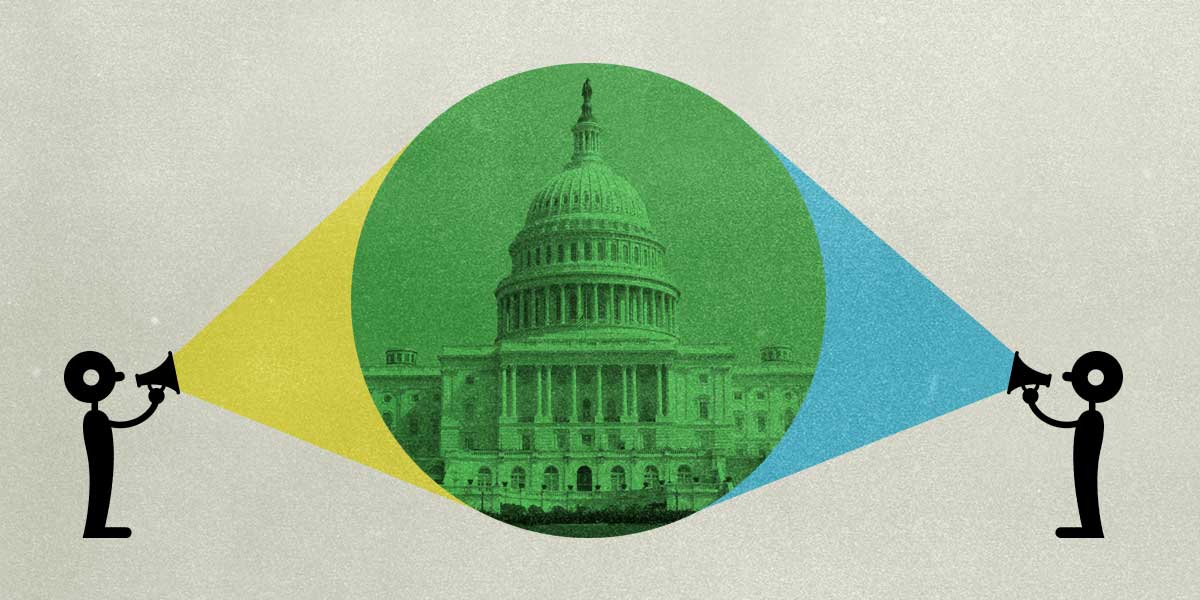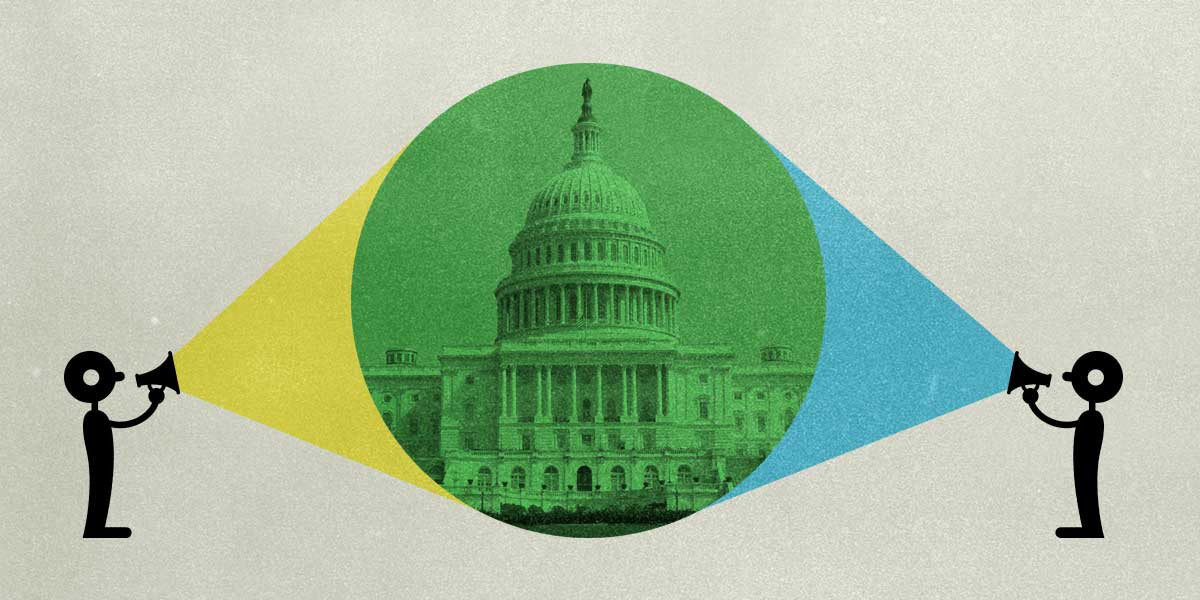The Senate Commerce Committee hearing on consumer privacy this morning was exactly what we and other privacy advocates expected: a chorus of big tech industry voices, with no one representing smaller companies or consumers themselves.
In his opening remarks, Senator Thune acknowledged the “angst” caused by the Committee's decisions to convene an industry-only panel, and promised more hearings with more diverse voices. We look forward to a confirmed hearing date with a diverse panel of witnesses from academia, advocacy, and state consumer protection authorities.
Today’s hearing included witnesses from AT&T, Apple, Amazon, Charter, Google, and Twitter. All of them confirmed their support for a federal law to preempt California’s Consumer Privacy Act. Many recited talking points about the workload required to comply with the “patchwork” of state laws that they anticipate. However, none were able to answer the question of why the U.S. shouldn’t adopt standards along the lines of the EU’s GDPR or California’s CCPA.
None of this was surprising. The companies represented largely rely on the ability to monetize information about everything we do, online and elsewhere. They are not likely to ask for laws that restrain their business plans.
In the midst of an otherwise disappointing hearing, some Senators took a strong line on privacy that we applaud. Senator Markey requested that companies discuss a strong, privacy-protective bill before considering preemption of California’s new law. Senator Schatz questioned whether companies were coming to Congress simply to block state privacy laws and raised the prospect of creating an actual federal privacy regulator with broad authority. And Senator Blumenthal pointed out that, while the company representatives present claimed that GDPR and the CCPA imposed unreasonable burdens, they all seemed to be successfully complying.
Moving Forward
These next hearings need to include witnesses who can not only represent users, small businesses, and other interests, but who can also speak to the far-reaching issues implicated by “consumer privacy.” The Senate should call up consumer privacy experts to testify on issues such as facial recognition, locational privacy, biometric data, Internet of Things devices, identity theft and financial fraud, and discriminatory advertising.
Over 90% of Americans feel like they have no control over their privacy. Congress should be working to actively give them back their control, instead of letting the companies with the worst privacy track records dictate users’ legal rights.
EFF will continue to oppose any federal legislation that weakens today’s hard-fought privacy protections. Current state laws across the country have already created strong protections for user privacy, with more likely on the horizon. If Congress enacts weaker federal data privacy legislation that blocks such stronger state laws, the result will be a massive step backward for user privacy.











